Plants
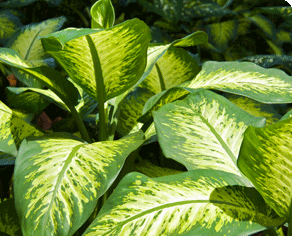
The Ontario Poison Centre receives many calls about children who have eaten or touched a plant that may be poisonous. Plants and berries are attractive to young children who like to put things in their mouths. Make sure you know the names of plants that grow inside and outside of your home. To help you keep your children safe follow our plant safety information.
When you call the Ontario Poison Centre about a potential plant poisoning, be prepared to give the following information:
- Any symptoms of illness your child displays.
- The name of the plant, if you know it. The Specialists in Poison Information at the Centre cannot identify plants over the phone.
- How much and what parts of the plant were eaten or touched.
- How recently the child ate or touched the plant.
Be Aware!
All plants are choking hazards, including non-toxic plants. If a child has swallowed a piece of a leaf, make sure that they are not coughing, choking or having difficulty breathing. Also, be aware that jewelry, crafts and maracas purchased outside of Canada may contain poisonous seeds. It is important for you to know what types of plants are growing inside and outside your home. Speak with someone at your local garden centre to help you identify plants that you do not know.
Prevent Plant Poisonings
- Know the names of all the plants and trees inside and outside your home.
- Leave the name tags on your household plants. If you don’t know the names, an expert from a plant nursery may be able to help identify the plant for you.
- Keep all plants, berries, seeds, and bulbs out of reach of young children.
- Teach your child to ask before they put anything in their mouth.
- Do not assume that a plant is safe for people just because birds and wildlife eat it.
- Do not suck nectar from flowers or make tea from flowers or leaves.
- Keep cactus plants away from young children. They can cause skin irritations.
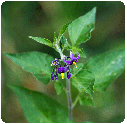
Poisonous Plants
Some of these plants will not cause serious poisoning unless a large amount is eaten. Remember, a young child may choke on any plant. This is not a complete list of all poisonous plants.
If any of these plants are eaten, call the Ontario Poison Centre right away:
|
Amaryllis |
English Ivy |
Morning Glory Mother-in-law's Tongue Narcissus Nightshade Oleander Potato (all green parts) Pothos Rhododendron Rhubarb Leaves Rosary Bean Siberian Squill Snake Berry Snow on the Mountain Star of Bethlehem St. John's Wort Tobacco Tomato Plant (unripe) Virginia Creeper Water Hemlock Wisteria Yew |
Seeds or pits of the following are poisonous:
Apple, apricot, cherry, crab-apple, nectarine, and peach.
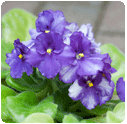
Nontoxic Plants
A person is not likely to get ill from these plants, but certain people may have an unusual reaction. Remember that a young child may choke on any plant. Although the following plants are not poisonous to humans, some of these plants may be harmful to pets. Call your veterinarian for more information. The following is not a complete list of all non poisonous plants.
|
African Violet |
Ficus Benjamina * |
Phlox Poinsettia ** Polka-dot Plant Portulaca Prayer Plant Primrose * Purple Coneflower Rose * Rubber Plant * Schefflera * Snapdragon Spider Plant Spiraea Statice * Tulip * Wandering Jew * Weeping Fig * Weigela Yucca Zinnia |
* These plants may cause skin irritation or allergic reactions
**This plant may cause skin irritation, and mild nausea or vomiting
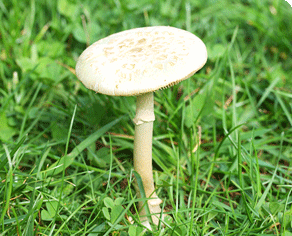
Be aware of the mushrooms growing on your lawn and around your home! Learn more about mushroom safety.
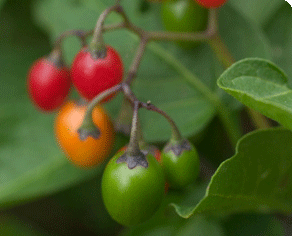
Beware of berries and other poisonous plants that are growing where children play. Learn more about plant safety.
